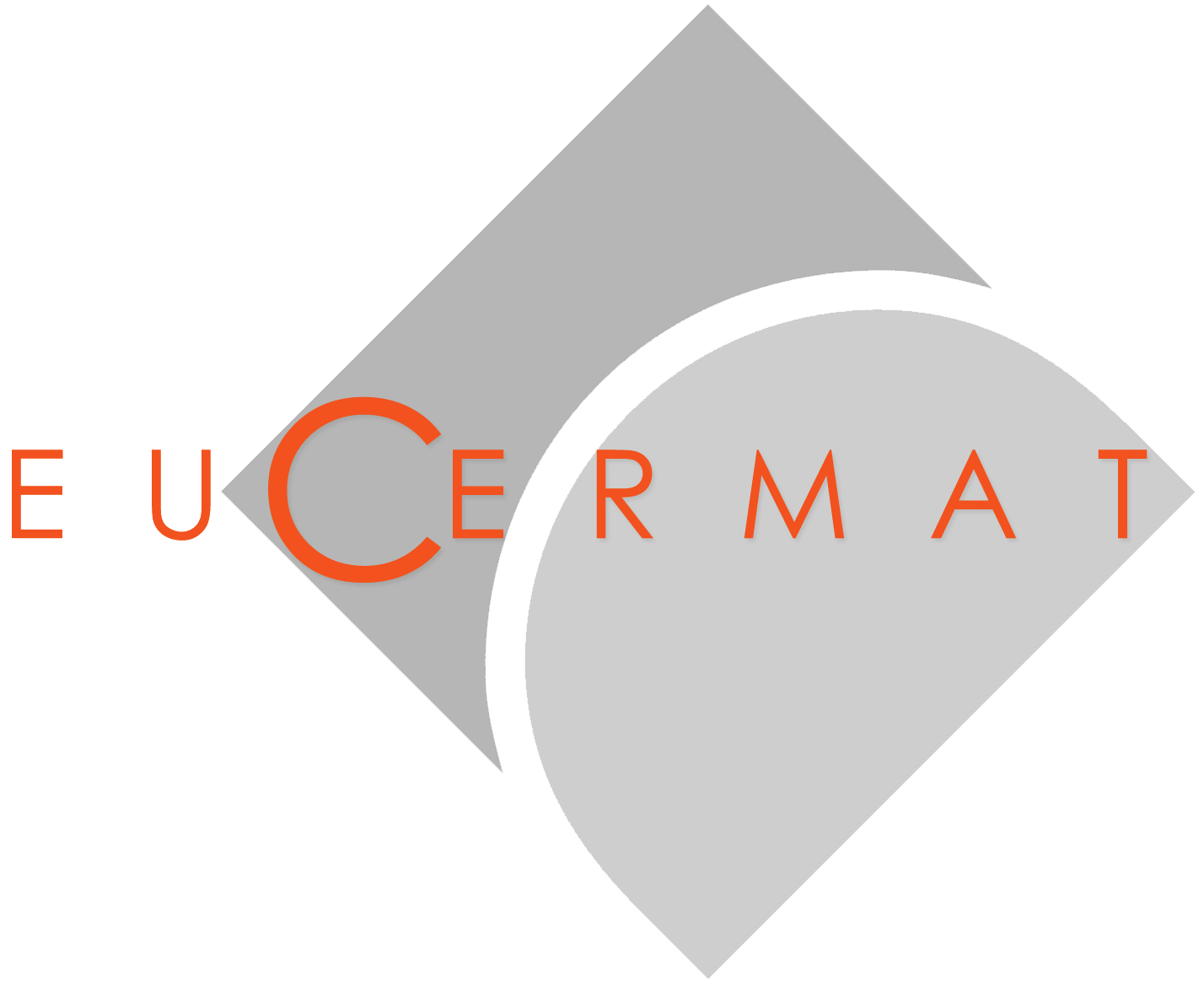Aim
The Quality Board is in charge of the external evaluation of the project. Each year, the quality board attends to the annual Dissemination Event of the consortium at the end of the academic year to report on their findings and conclusions and propose the necessary measures to improve the quality of the project. After each Dissemination event the QB issues a report to give new orientations to be considered. These remarks will be taken into account and applied with a particular attention. Some decisions will then be taken by the steering committee to solve a problem that arose or more simply to improve the functioning of the work packages.
Quality Board members
The QB created is composed of 5 relevant and recognised specialists in Ceramic Science as external experts.
They have been selected to assess the quality and the consistency of the project:
- Two university academics to evaluate the teaching part of the programme, the functioning of the e-learning and the relevance of the proposed European master training. These academics have been chosen for their great experience in leading of these kinds of educational programmes.
- Two representatives of the industrial sector to evaluate the efficiency of the partnership between the industrials, the research laboratories of the partner universities and the research institutes.
- One master student from the Université de Limoges to assess the quality of the teaching units and blended mobility.
Dr Kathleen Richardson
CREOL - University of Central Florida
Dr. Kathleen Richardson is currently Professor of Optics and Materials Science and Engineering at CREOL/College of Optics and Photonics at the University of Central Florida, where she runs the Glass Processing and Characterization Laboratory (GPCL). Prof. Richardson’s group has extensive industrial and government supported research programs evaluating materials for precision molded optics, the use of non-oxide glasses in chem-bio planar sensors, evaluation of complex material interactions in next-generation integrated opto-electronic chip design, and in nano-composites for advanced detection and optical applications. Dr. Richardson is Past-President of the American Ceramic Society (ACerS), is a past-Chair of ACerS’ Glass and Optical Materials Division (GOMD) and a past-President of the National Institute of Ceramic Engineers (NICE). She presently serves on the Coordinating Technical Committee (CTC) of the International Commission on Glass (ICG) and the Board of Directors of the American Ceramic Society (ACerS).
Dr François Weiss
INP Grenoble
François Weiss is a permanent CNRS researcher at the LMGP in Grenoble since 1979. He was Vice-president for research at the Grenoble Institut of Technology from 2002 to 2008. He was Director of the LMGP (Laboratoire des Matériaux et du Génie Physique) from 2003 to 2006 and Deputy Director until 2013. His research activities are related to Material Science and Materials Processing (MOCVD, thin films processing, multilayered materials). The main classes of materials studied are :
- High Tc Superconductors: crystallochemistry, thin films: MOCVD, spray pyrolysis, plasma spray, coated conductors
- Multifonctionnal materials : thin films, superlattices: ferroelectrics, dielectrics, magnetic materials: Study of functional oxide heterostructures, multilayers and superlattices
He has supported 22 PhD thesis and published more than 190 papers in journals, books or proceedings in international conferences, mainly in the field of superconducting materials, thin films multilayers and heterostructures of multifunctional oxides. With a strong involvement in both research and education at European level, Dr. F.Weiss has a perfect profil to make a quality assessment of the EUCERMAT project.
Peter Reynders
Merck
After receiving a diploma in chemistry and a doctoral degree in chemistry and physics by the Max Planck Institute of Biophysical Chemistry, Göttingen, Peter Reynders started in 1988 to work for AT&T Bell Labs on nano materials for electronics. In 1990 he joined Merck and worked in product development of special effect pigments. From 2000 on Peter Reynders has been a project management officer and architect at Merck. In 2010 he moved to the Life Science business of Merck and worked on the integration of the acquired companies Millipore and Sigma Aldrich. He supervised numerous master and doctoral theses on material science, chemistry and project and portfolio management. Thanks to his experience in master thesis supervision and to his industrial background, his is a perfect member for the Quality supervision of the EUCERMAT Programme.
Dr. Hans-Juergen Schreiner
Ceramtec
Dr Schreiner studied Physics in Karlsruhe, Germany, and was awarded a PhD in Electrical Engineering in 1999. The topic was functional ceramics on the basis of perovskites. He joined CeramTec that same year, and worked in different fields, mainly based on piezoceremics (actuators, sensors, etc.). He was involved in the development of stack actuators for automotive applications (injection systems). Today he is responsible for development and innovation in CeramTec’s Multifunctional Ceramics Group.
Elise Hugon
Université de Limoges
Elise grew up in Angoulême, Charente, France. After graduating a Bachelor in Materials Chemistry at the Faculty of Science of the University of Limoges, she joined the Master Sciences and Materials Engineering.
“It is a training that is particularly interested in the physical and chemical properties of ceramics and methods for developing and shaping.
I find that ceramics are very interesting to study, they are engineered materials with great potential and that there is still a lot to understand / master.
Be part of the Quality Board allows me to participate as a student, to the establishment of a large European project that should lead to a European Master. This is a project dear to my heart because eventually it will get more advanced training on ceramic and improve the visibility of these materials in Europe.”

